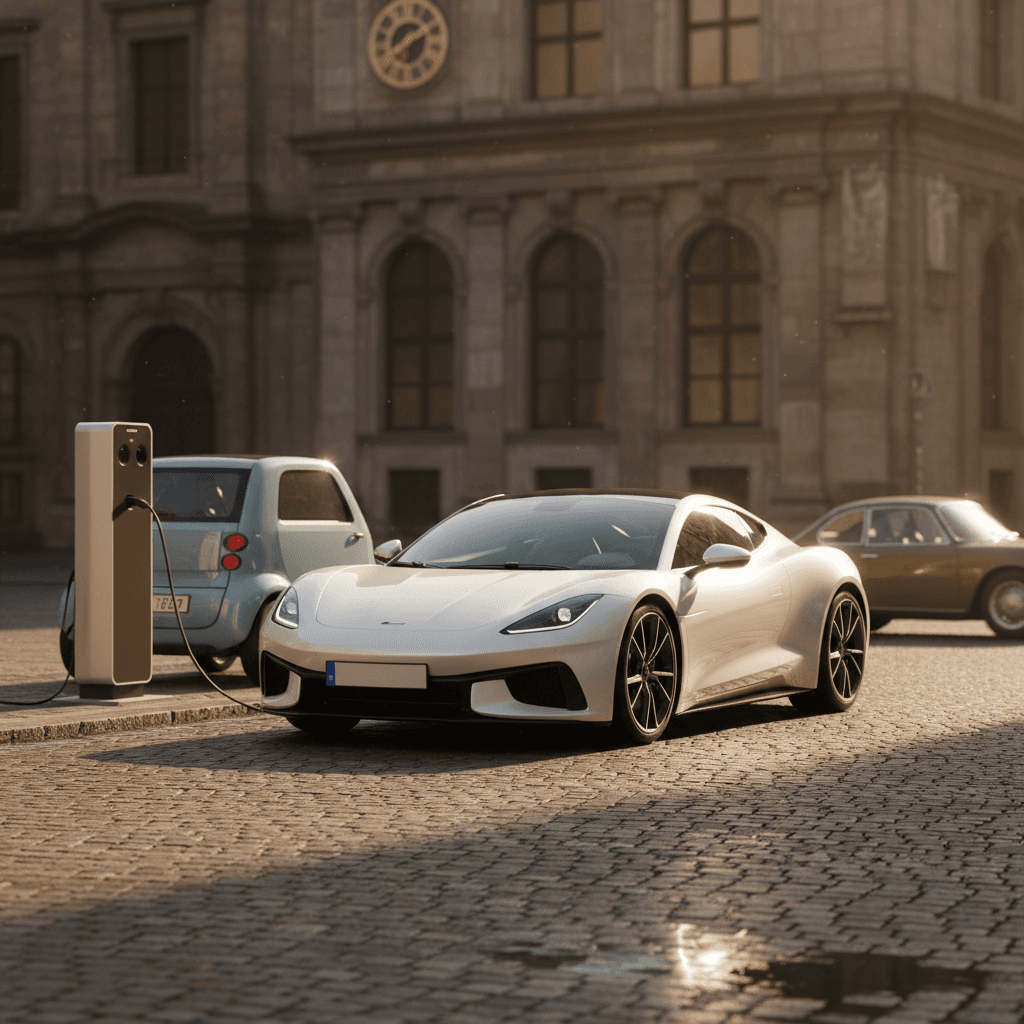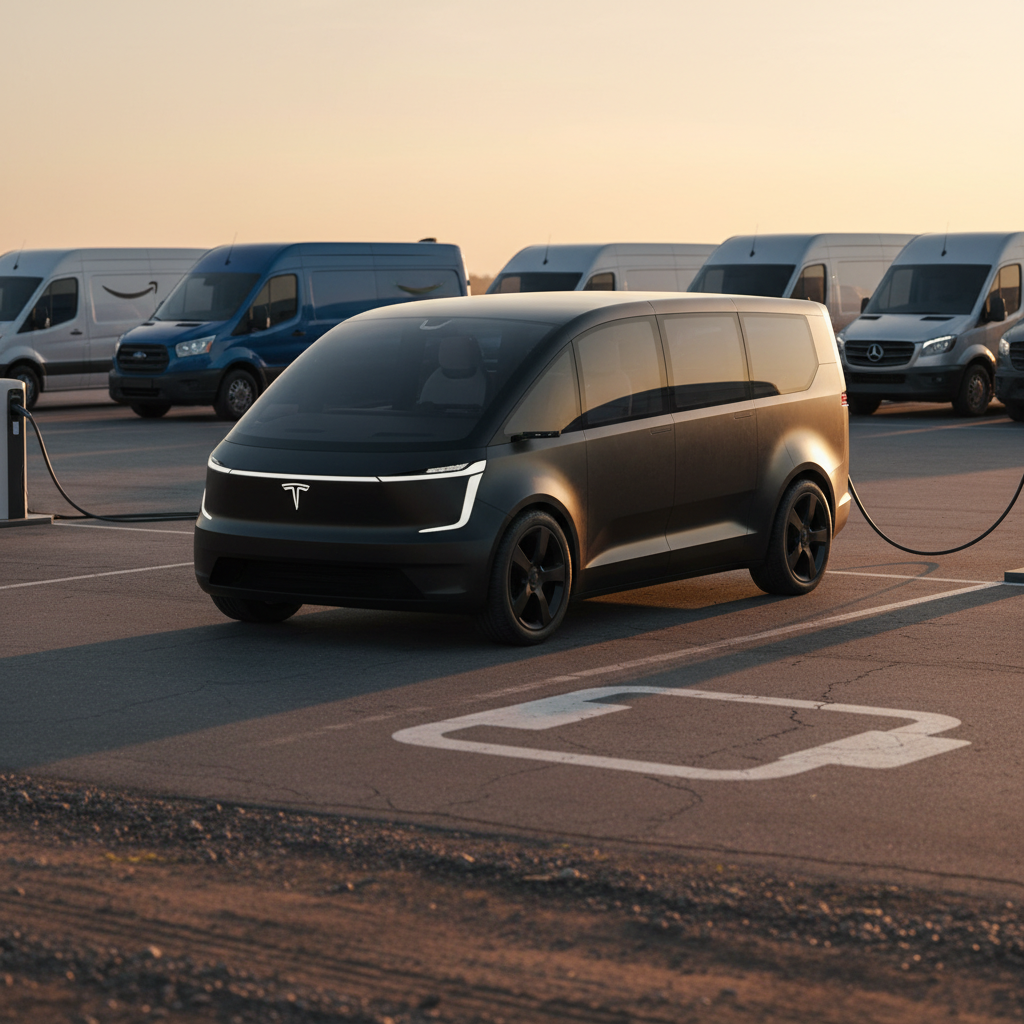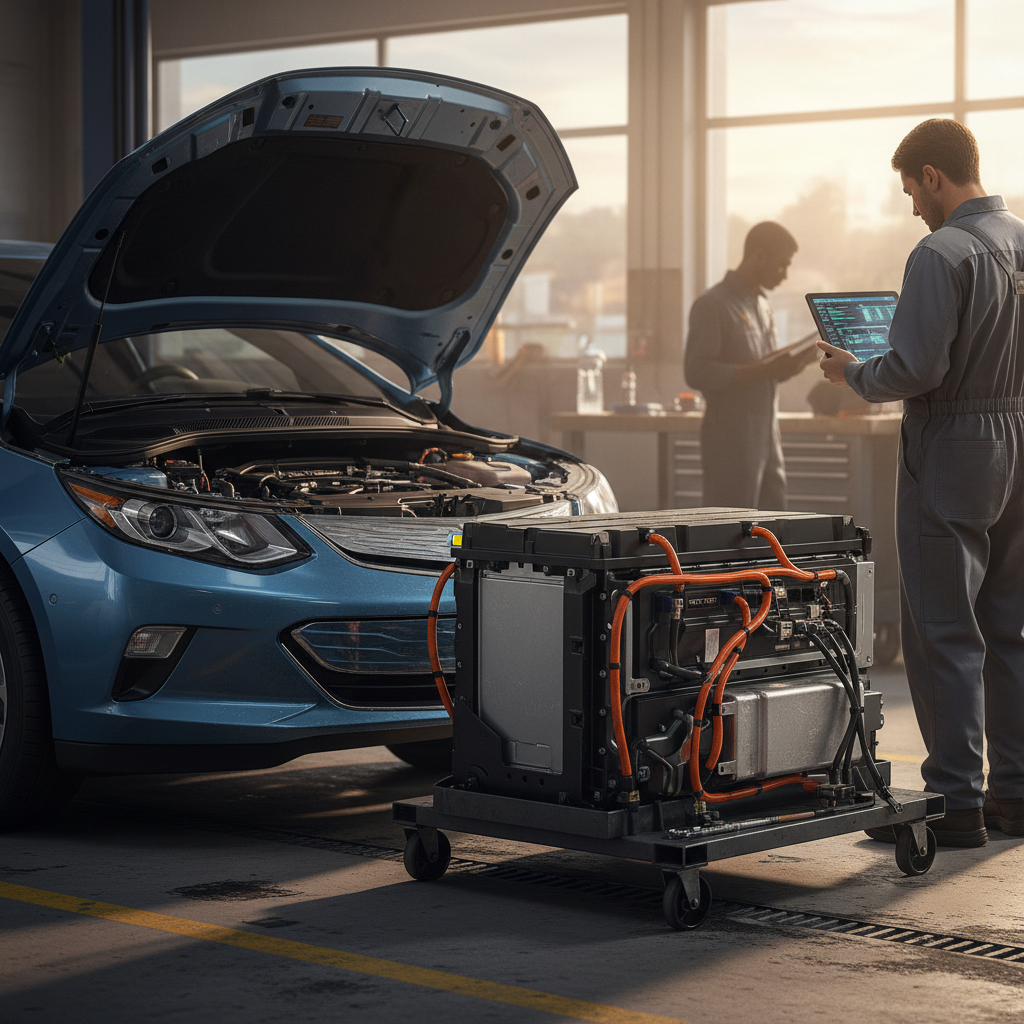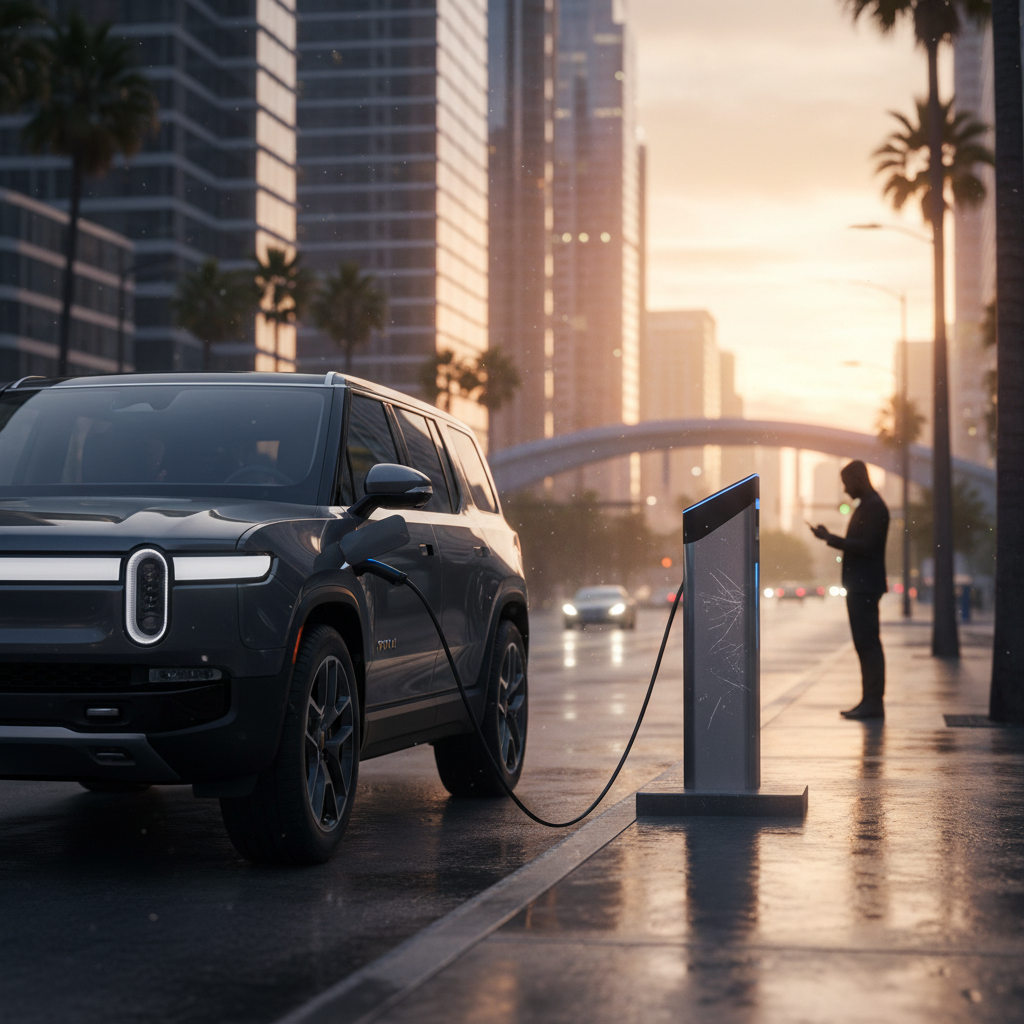You type “best used car” into a search bar and hope the internet hands you one magic answer: Buy this. If only. In 2025 the market is split between ultra-dependable gas standbys and used EVs that have fallen off a depreciation cliff. The real win isn’t one perfect model; it’s matching the right used car, or used electric car, to how you actually live and spend money.
The quick snapshot
Why “best used car” is a trick question in 2025
Before we rattle off model names, it helps to reset expectations. There is no single, universal “best used car.” What you’re really asking is, “What’s the best used car for my budget, mileage, and tolerance for risk?” A 45-mile-a-day commuter in the suburbs and a weekend-only city driver should absolutely not be buying the same thing.
What the used market looks like in 2025
Think in years, not price tags
Gas vs EV: Which makes the best used car right now?
When a used gas car is the best choice
- No home charging: You rely on street parking or your landlord isn’t EV‑friendly.
- Very long trips: You routinely drive 300+ miles in a day through charging deserts.
- Ultra-tight budget: Old but bulletproof econoboxes (Fit, Civic, Corolla) still rule the bottom of the market.
- DIY maintenance: You enjoy (or tolerate) oil changes, timing belts, and the occasional muffler.
When a used EV is the best choice
- Home charging access: A driveway or garage outlet turns every night into a full tank.
- Predictable mileage: Daily commute under 80–120 miles is EV sweet spot.
- High fuel prices: You live where gas is painful and electricity is relatively cheap.
- Tired of maintenance: No oil, plugs, or exhaust means fewer Saturday mornings at the shop.
One big caveat on used EVs
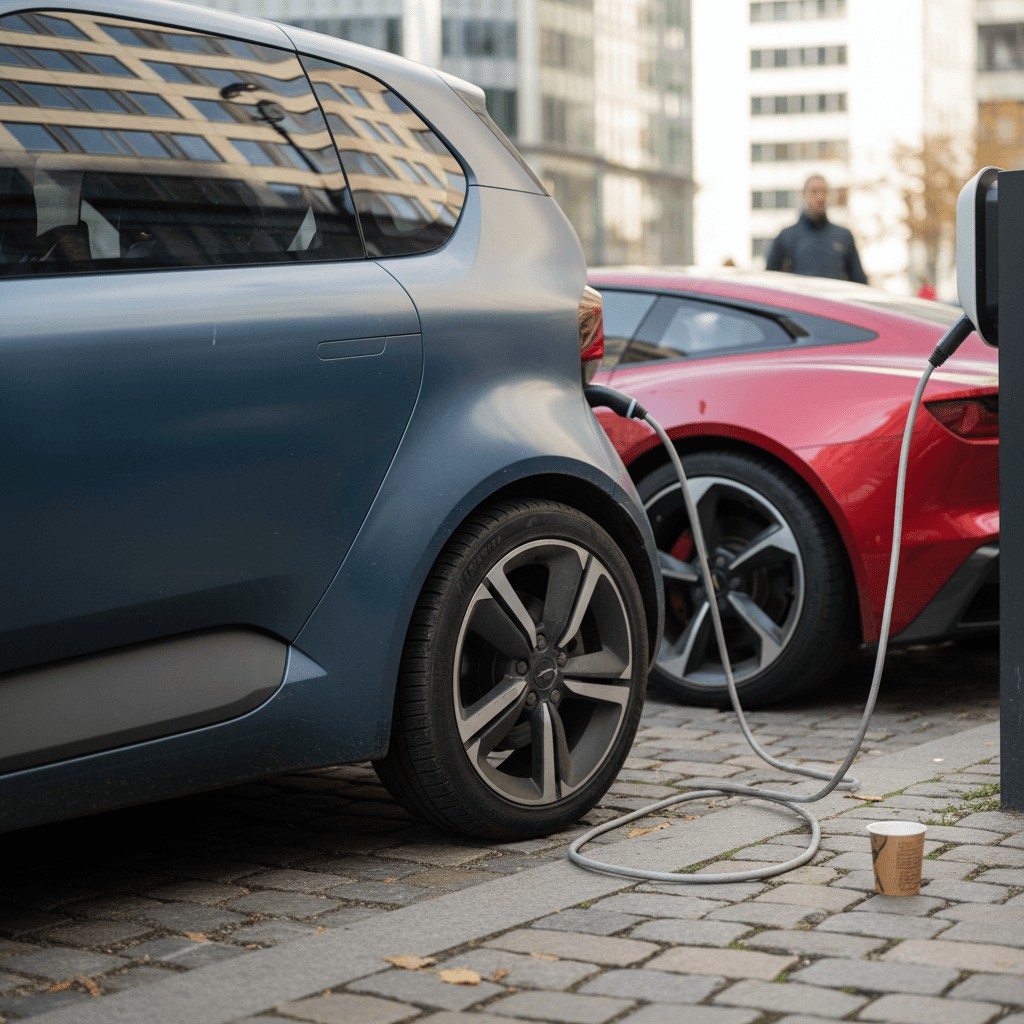
Standout used gas cars for reliability and value
If you want the safest possible bet, no plugs, no apps, no drama, the best used car is still a well‑chosen, boringly excellent gas model. Think Japanese sedans and compact SUVs that rack up 200,000 miles with little more than oil, filters, and disdain for fashion.
Proven used gas cars that punch above their price
These models regularly appear on reliability and value lists thanks to low running costs and long life. Prices are approximate U.S. averages for 4–6‑year‑old cars as of late 2025.
| Model | Segment | Typical 5‑yr‑old price | Why it’s a “best used car” pick |
|---|---|---|---|
| Honda Fit | Subcompact hatch | $18,000 | Absurdly roomy, ultra‑reliable, and tops charts for years of life per dollar. |
| Honda Civic | Compact sedan/hatch | $20,000 | Does everything well: efficient, durable, easy to service, and plentiful. |
| Toyota Corolla | Compact sedan | $18,000–$20,000 | Legendary reliability, cheap parts, and widely available under $20k. |
| Honda Accord | Midsize sedan | $23,000–$24,500 | Spacious, comfortable, and one of the most reliable midsize cars under $25k. |
| Toyota Camry | Midsize sedan | $23,000–$25,000 | Quiet, efficient, and built to last, often the default answer to “What should I buy?” |
| Honda CR‑V | Compact SUV | $24,000–$26,000 | Family‑friendly, strong resale, and plenty of life left even at 5 years old. |
There are dozens of good used cars; this table focuses on workhorse standouts most buyers can find nationwide.
Shortcut if you hate shopping
Best used EVs: where the real bargains are
Here’s where 2025 gets interesting. New EVs have been hammered by price cuts and incentives. That pushed used EV prices down even harder. For shoppers, that means you can now buy a comfortable, modern electric car, often with advanced safety tech, for the price of a very ordinary used gas sedan.
Used EVs that make a strong case as “best used car”
These models blend price, range, and real‑world usability. Exact numbers vary by trim and battery, but the pattern is clear: strong value if the battery checks out.
Kia Niro EV
Why it’s special: One of the best deals in the used EV world, with sharp price drops and practical range (around 200+ miles).
- Crossover shape, easy to live with.
- Often far cheaper than comparable new hybrids.
- Great first EV if you want value over flash.
Tesla Model 3
Why it’s everywhere: The used EV you see in every U.S. Craigslist scroll, for good reason.
- Strong range, even on older packs.
- Access to Tesla’s charging network with the right connector.
- Over‑the‑air software means a 4‑year‑old car still feels modern.
Chevrolet Bolt EV / EUV
Why it’s underrated: GM killed it new, which made used prices even friendlier.
- Real‑world range in the 200‑mile neighborhood.
- Compact but surprisingly roomy inside.
- Good pick for city and suburban duty if you’re okay with a smaller car.
More used EVs worth a serious look
Think of these as situational bests: fantastic if they match your needs.
Hyundai Ioniq 5
Striking design, fast charging, and a spacious cabin. Prices have come down enough that a lightly used Ioniq 5 can feel like a budget luxury car.
Rivian R1T
For the adventurous: a used electric pickup with sports‑car acceleration and camping tricks. Overkill for commuting, brilliant for road‑trippers who love gadgets.
Kia EV9 / VW ID.4
Family‑size EV crossovers and SUVs. If you need space more than speed, these can be the best used “one car” solutions, especially as lease returns hit the market.
Why used EVs look so cheap on paper
How to judge the true cost of a used car
The sticker price is just the opening offer. To decide what the “best used car” really is, you need to look at total cost of ownership: what it costs to buy, fuel, insure, finance, maintain, and eventually replace the thing.
Key cost factors for any used car
- Purchase price & taxes: The obvious part, what you hand over on day one.
- Financing: Interest can quietly add thousands. This is where getting pre‑qualified through a marketplace like Recharged can give you leverage.
- Fuel or electricity: Gas vs kWh. Your local prices and annual mileage decide the winner.
- Maintenance & repairs: Oil changes, timing belts, brakes, or on EVs, mostly tires and cabin filters.
- Insurance & fees: Higher‑value and high‑performance cars cost more to insure.
How EV vs gas costs typically compare
- Upfront: Used EVs can be cheaper than comparable gas cars because of heavy depreciation.
- Monthly running costs: Electricity is often cheaper per mile than gas, but check your local rates.
- Maintenance: EVs win big here, no oil, fewer moving parts.
- Resale: Gas cars currently hold value more predictably, EVs are still in flux as tech and incentives change.
A simple way to compare two cars
Battery health: the make-or-break factor for used EVs
With gas cars, you worry about engines, transmissions, and rust. With EVs, the battery is the sun around which everything else orbits. Get a strong pack, and a used EV is a revelation. Get a weak one, and you just bought a very heavy appliance with trust issues.

- State of health (SoH): Roughly, how much capacity remains versus new. An 85% battery will have noticeably less range than a 98% one.
- Fast‑charging history: Constant DC fast charging can age a pack faster than mostly home Level 2 charging.
- Climate & usage: Batteries age quicker in extreme heat and with lots of high‑power, high‑speed driving.
- Software limits: Some EVs can have battery capacity limited or unlocked via software; know what you’re actually buying.
Where Recharged fits in
Used car vs used EV: practical checklist
Quick checklist before you decide what’s “best” for you
1. Map your real daily and weekly mileage
Track your driving for two weeks. If almost every day is under 80–120 miles, a used EV can cover you easily with home charging.
2. Be honest about charging access
Can you reliably plug in at home or work? If not, you either need an EV‑dense area with robust public charging or a conventional gas/hybrid car.
3. Set a hard total budget, not just price
Decide what you can afford including taxes, registration, and a 6‑month emergency fund for repairs or charging setup. Then shop backwards from that number.
4. Decide how long you want to keep the car
If you’re a 3‑year flipper, resale matters more; gas cars are safer. If you’ll keep it 7–10 years, a solid used EV can pay off in low running costs.
5. Demand real service and history records
Oil changes and major services on gas cars; battery warranty work and software updates on EVs. Gap‑toothed paperwork is a red flag either way.
6. Get a professional inspection or battery report
For gas cars, a pre‑purchase inspection; for EVs, detailed battery diagnostics. Buying through a platform like Recharged bakes that work in for you.
Common mistakes when shopping for the “best used car”
Don’t do these things
They’re how good buyers end up with bad cars.
Buying by paint and payment
You fall in love with the color, the wheels, the monthly payment… and never run the numbers on total cost, reliability, or battery health.
Ignoring the vehicle history
Salvage titles, repeated accidents, flood damage, odometer weirdness, if the report looks like a crime sheet, walk away, even if the price is tempting.
Underestimating climate and geography
That 200‑mile EV rated in California may feel like a 130‑mile car in a cold Midwest winter at highway speeds. Always buy for your worst case, not best case.
Overstretching for a “status” badge
Used luxury badges can hide ruinous repair bills. A modest Honda or Kia that you can easily maintain is a better “best car” than a prestige money pit.
The most expensive words in used cars
FAQ: finding the best used car for you in 2025
Frequently asked questions
Bottom line: the best used car is the one that fits your life
Strip away the hype and listicles and “best used car” usually comes down to something simple: a vehicle that quietly does its job for years without wrecking your finances or your nerves. For some, that’s the classic play, a Honda or Toyota that will be around long after you’ve forgotten what you paid. For others, it’s a used EV that turns every commute into a silent, one‑pedal glide and makes gas stations someone else’s problem.
If you’re EV‑curious, 2025 is a rare moment where depreciation works in your favor. Just make sure you’re buying a healthy battery, not just a pretty interface. A platform like Recharged, with verified battery diagnostics, Recharged Score Reports, and EV‑savvy support, exists precisely so you don’t have to be an engineer to buy a great used electric car. Figure out how you drive, what you can truly afford, and which risks you’re willing to take, and the best used car for you will almost pick itself.
